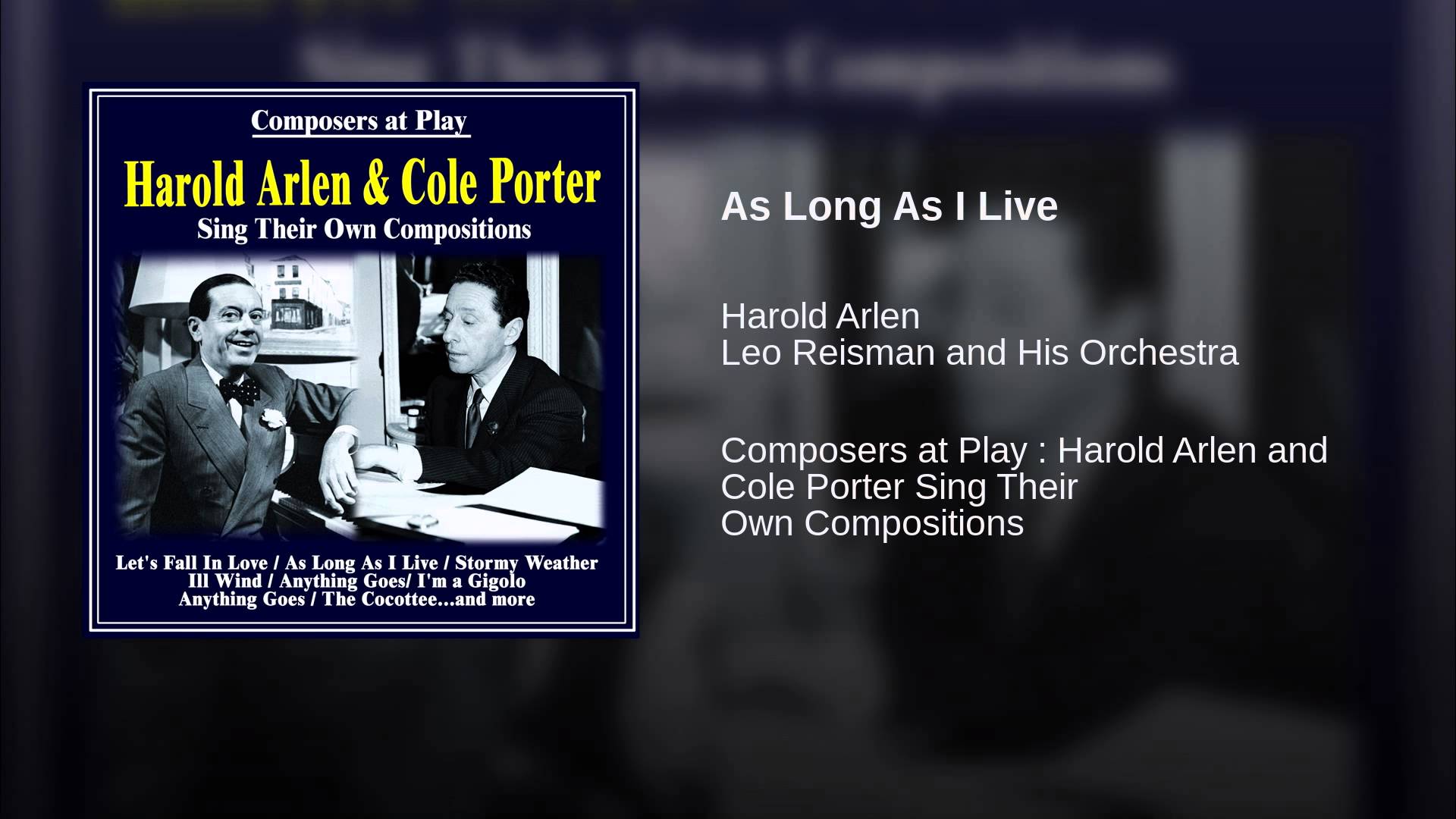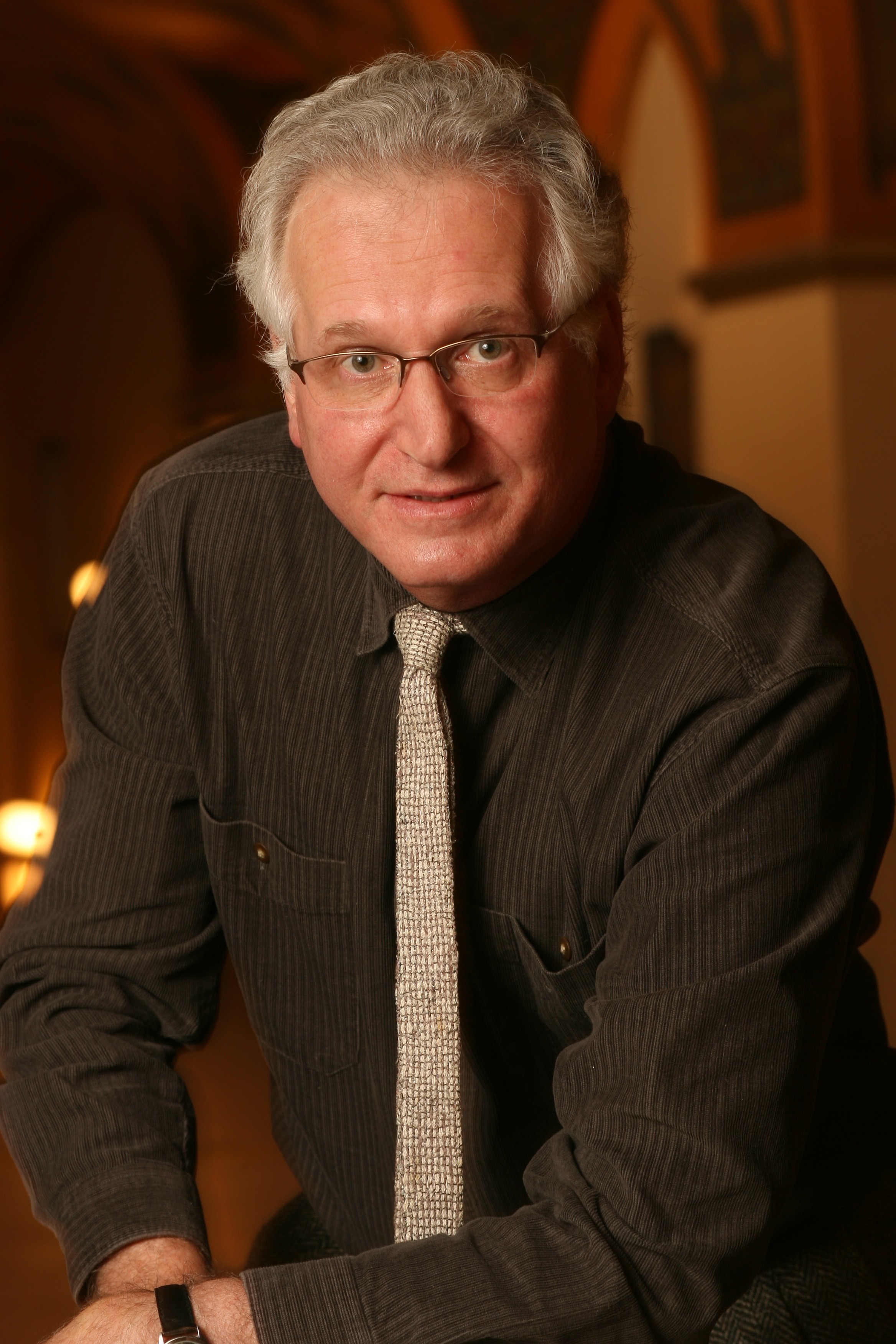My love affair with Harold Arlen’s music began back in the ‘70s when I was barely out of college and read Alec Wilder’s extraordinary American Popular Song, probably the first great treatise on the American Songbook. Wilder was certainly controversial, and not short of opinions; one of them was that Arlen was Gershwin’s equal and, in many ways, his superior. This didn’t sit well with lots of Gershwin fans, and I’m not sure it’s true, but it got me started on a life-long exploration of Arlen’s music and career, and I must say that in some ways – particularly his manner of tucking blue notes into places you don’t expect them while Gershwin so often puts them right where you know they’re going to be – I’ve come to partially concur with Wilder. Gershwin is brash and thrilling. Arlen is often fretful and deep as a well. Love affairs like this one need no defense in any case – they’re about matching temperaments with an artist’s work; I melt when I hear the sly, romantic, often melancholy feel that runs through so much of Arlen’s music, including the long-lined melodies that he used to call “tapeworms,” and the unexpected melodic tags he sometimes attaches at the very end, just when you thought the song was over (“If happy little bluebirds fly beyond the rainbow why, oh why, can’t I?” is certainly the most famous one of those tags.)
That said, I’ve selected a number to celebrate Arlen that hearkens back to his early days at The Cotton Club, and one that begets optimism, not regret or wistfulness. I’ve chosen it in part because I love it and it has often been sung terribly by me to my wife Linda, but also because this recording features a young Harold Arlen singing it really well. He began his career as a band vocalist, and a good one, though ineffably Jewish for a jazz singer. I also love the fact that he’s willing to improvise around his own melody – his father was a cantor. A lot of composers take umbrage when others use their music as a springboard – Arlen does it to himself.
Ted Koehler’s lyric is playful and almost Harburg-like in some ways, and easy to love. You have to admire that the six notes which could easily function as an instrumental fill in all three A sections have been fitted out with lyrics that sound like off-handed asides (“Life isn’t long enough,” “But I can promise you” and “Long as I promise you”). And I particularly admire the way Arlen lets loose in the bridge, which is loose and swingy for three of its four lines and then, completely unexpectedly, packs sixteen quick notes into a last line that jump out at you and sets the lyric perfectly. The guy was full of surprises. And if you love someone, and you’re going to go on loving that person forever, sing this song like Harold did. It spreads joy.



Nice commentary. I’ve become aware of this song through Catherine Russell’s version and am learning it for my own performance. As someone in his sixties with a wife in her fifties who encourages me to take care of myself, it is, as you say, a joyful song.